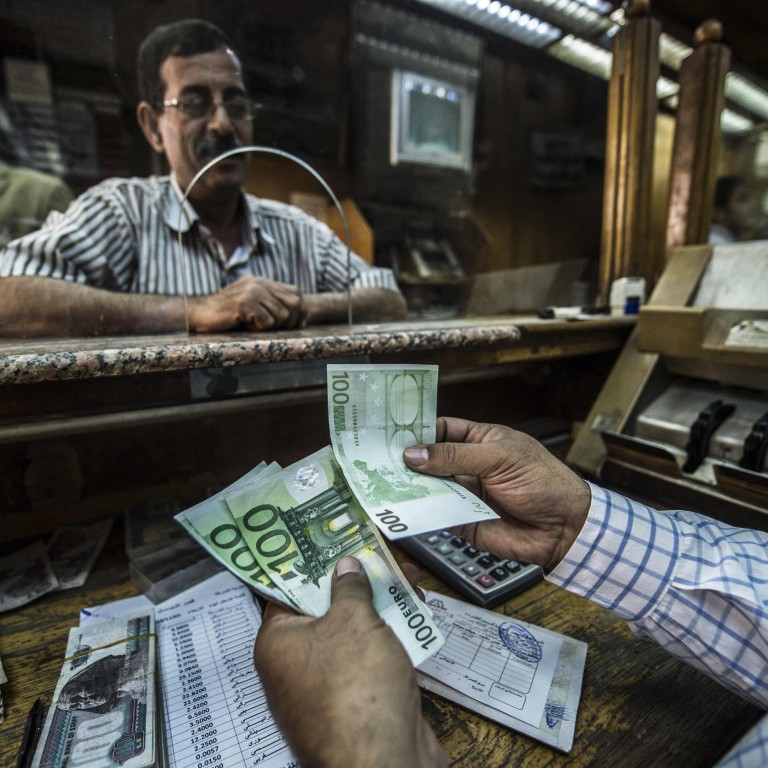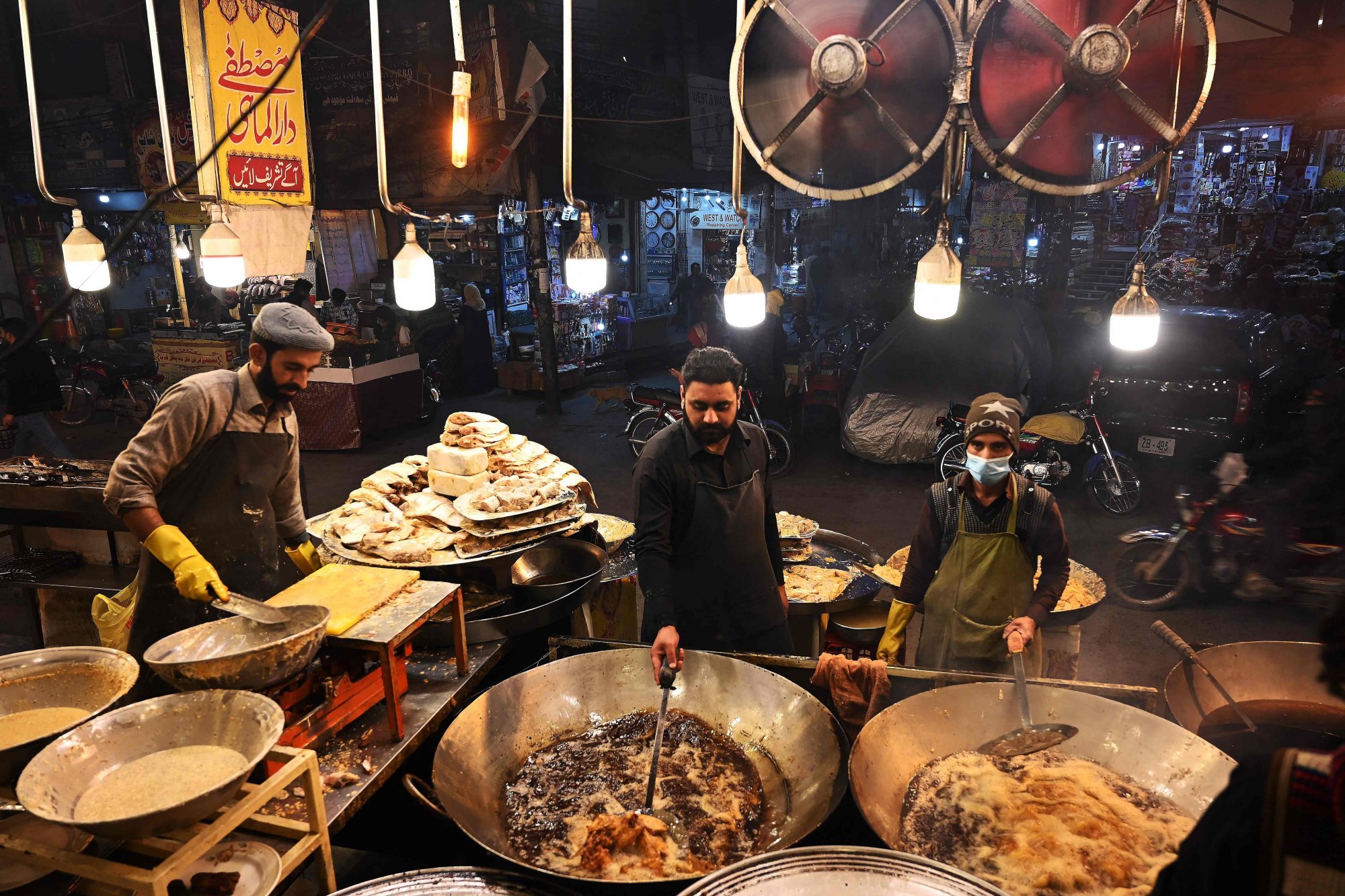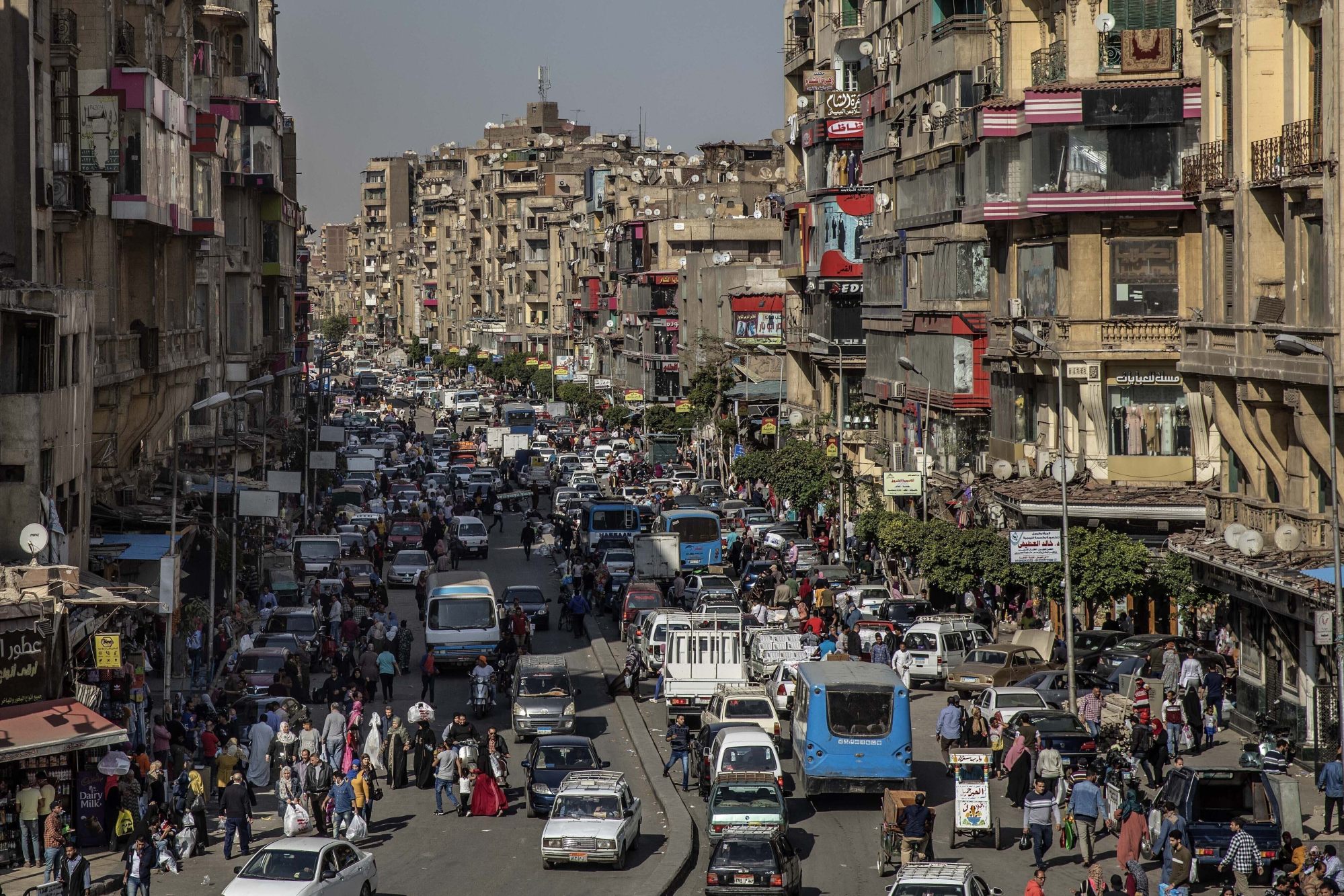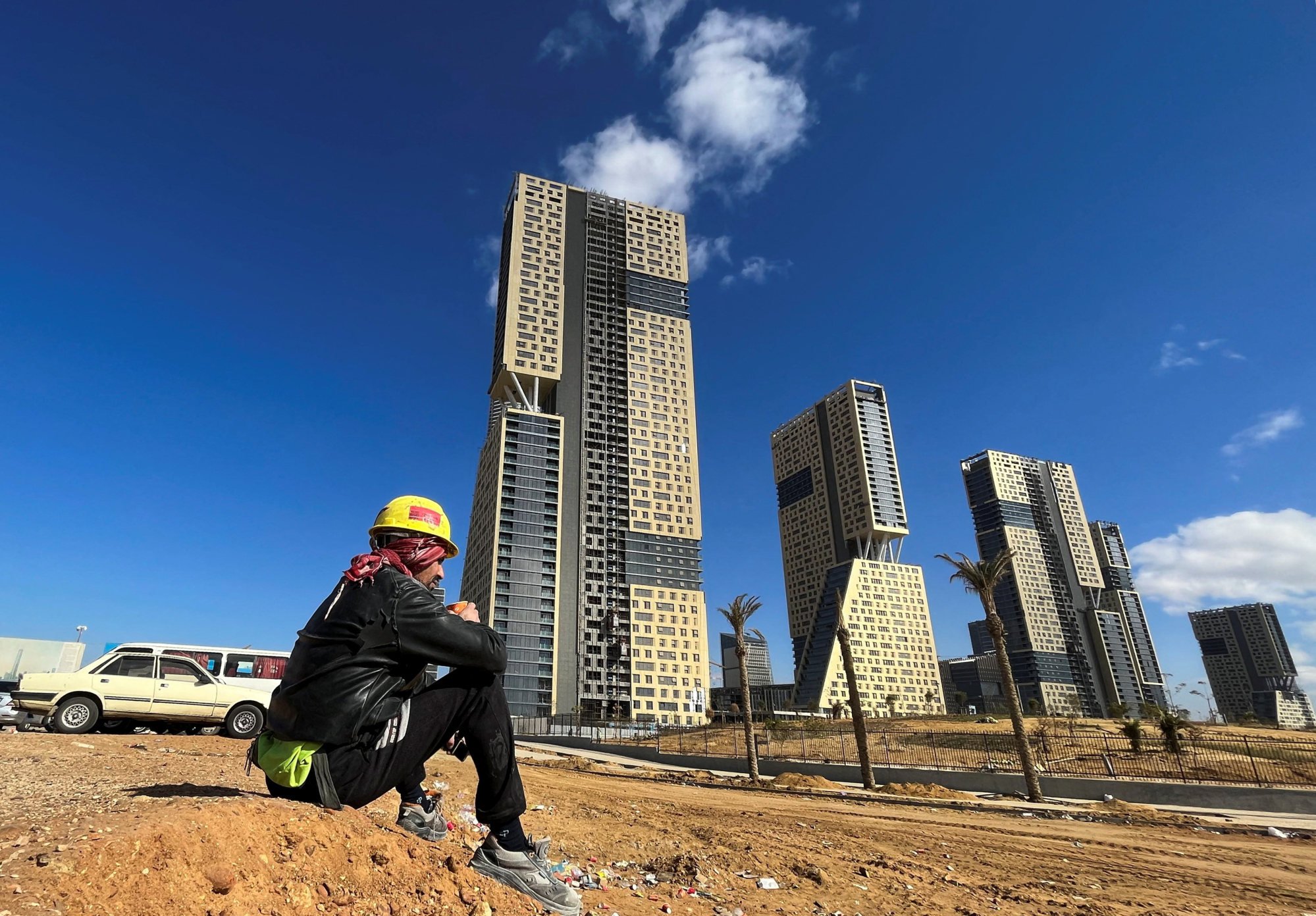
Why Pakistan and Egypt are too big to fail to a Sri Lanka-style economic crisis
- Both are suffering a severe currency crisis fuelled by unsustainable spending and unaccountable borrowing from lenders that include the IMF and China
- But analysts say economic and political partners will ensure they ‘sail through’ the crises by imposing austerity, which carries its own consequences
So his “heart sank” when, upon returning to the market with his father late last month, he saw only a handful of customers and none of the super sweet, ghee-soaked mithai for which the market was renowned. Even the pickled mango for his breakfast had to be brought in from elsewhere.
“This is where I grew up,” the 22-year-old student at Sabanci University in Turkey told This Week in Asia. “Now it’s empty. Dead. I’m devastated.”
Pakistan is in the midst of a cost of living crisis that’s seen the price of ingredients such as ghee, cooking oil, milk, sugar and eggs – all used to make mithai – practically double over the past three years alongside soaring gas and electricity rates.

Inflation hit a 48-year high of 27.5 per cent in January, slashing customer demand against a backdrop of falling foreign exchange reserves and the rupee’s depreciation.
Pakistan’s economy grinding to a halt as dollars dry up
The two countries’ ratios of debt to gross domestic product – at 80 per cent for Pakistan and 86 per cent for Egypt – are also more manageable than the 122 per cent that Sri Lanka surpassed when it defaulted last year.
Yet both are still “struggling with their balance of payments position and that has resulted in a severe currency crisis”, said Najam Ali, an economist and CEO of Karachi-based financial services firm Next Capital.
Neither country is likely to be “defaulting on their external obligations in the near-term”, he said, but “prudent economic management along with critical decision-making is required to avert such risks in the medium- to long-term.”
Unaccountable borrowing
Military-backed ruling elites dominate the politics of Egypt and Pakistan, which are both considered internationally as bulwarks against the spread of so-called political Islam – via the ballot box or radicalisation – and thus essential to maintaining stability in their respective neighbourhoods.
Current Egyptian president and former army chief Abdel Fattah al-Sisi seized power in a 2013 coup that overthrew a Muslim Brotherhood administration barely a year after it had been elected following the country’s 2011 revolution, which toppled long-standing dictator Hosni Mubarak.
Pakistan has likewise spent several decades under military rule, with the politically powerful armed forces imposing their influence even when not in direct control by ensuring that no elected prime minister has ever completed a full term in office.
Both countries’ militaries have also been frontline partners in the US-led “war on terror” – from al-Qaeda to Islamic State and the Tehreek-i-Taliban Pakistan.

A lack of domestic accountability, combined with geopolitical priorities, have long allowed both Egypt and Pakistan to borrow heavily from China, the IMF, Saudi Arabia and the United Arab Emirates to fund disproportionately large defence budgets and controversial development programmes meant to boost the popularity of those in power, analysts say.
But in 2019, Islamabad agreed a funding programme with the IMF – its 13th since the 1980s – following a balance of payments crisis caused by its narrow export base and a lack of foreign direct investment flows.
In Egypt, el-Sisi’s administration has likewise ploughed borrowed money into so-called mega projects such as a US$50 billion new administrative capital under construction near Cairo, which Chinese companies are helping to build.

“If anything, the loans have proven counterproductive, increasing the vulnerability of underprivileged Egyptians. They have also compounded socio-economic problems,” said Cairo-based analyst Amin.
“This is mainly because the funds have been squandered by regime elites. They’ve been used to finance wasteful mega projects with questionable economic benefits for Egyptians.”
Pakistan and Egypt both spend about one-third of their national budgets on servicing debts – a similar percentage to the proportion of their populations who live in poverty.
Former President of Pakistan Pervez Musharraf dies at 79
Unsustainable austerity
Food and fuel shortages have now become commonplace in both countries, as the economic disruption has left millions of people out of work.
The Pakistani rupee and Egyptian pound have also shed value over the past year – nearly 45 per cent in the case of Egypt’s currency following a series of large devaluations by the central bank demanded as part of a US$3 billion IMF loan agreement. The rupee slumped almost 10 per cent against the US dollar last month a day after an exchange rate cap was removed in line with IMF demands.
Their governments have also undertaken “prudent tightening” of their monetary policies, said Karachi-based economist Ali.
Pakistan’s central bank has increased its key lending rate by 10 per cent since September, while Egypt’s has been raised by five per cent since October and further increases are expected in a bid to curb inflation.
Desperation makes fertile ground for recruitment of jihadis
Analysts say that neither country’s international creditors trust their governments to live up to repeatedly broken promises of structural reform.
Saudi Arabia and the UAE, for instance, have stated that any further financial assistance to Egypt and Pakistan would be contingent on receiving in return a strategic stake in one of their biggest state-owned enterprises.
Nevertheless, economist Ali said both governments are “likely to sail their economies through the current crises” if they impose austerity, avoid unnecessary spending and continue to receive support from the IMF and friendly countries.
End pandemic austerity plans that benefit only the few
But he warned that “such practices are not sustainable because they fuel social unrest and political instability with rising inflation and reducing purchasing power, particularly of the middle-income segment of the population”.
Dire economic straits may also “lead to a rise in religiosity as increased conservatism often goes hand in hand with economic deprivation”, warned Amin in Cairo.
“Desperation makes fertile ground for recruitment of jihadis.”

